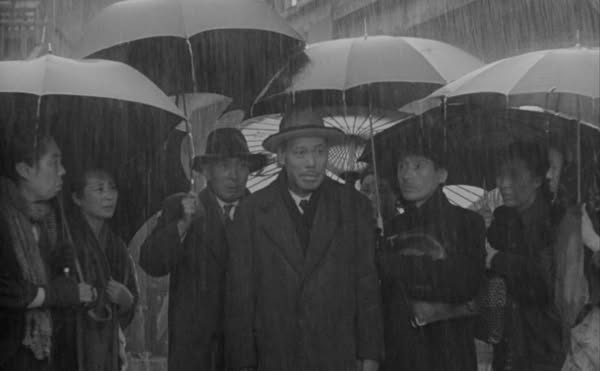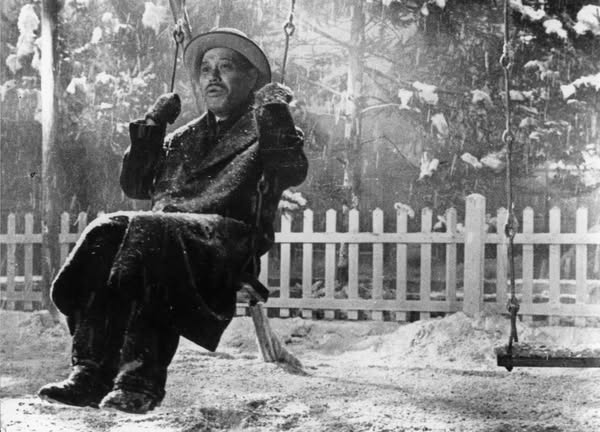Ikiru (1952)

Ikiru (1952), directed by Akira Kurosawa, is a poignant exploration of life, death, and the search for meaning. This Japanese film is widely regarded as one of Kurosawa’s masterpieces and offers a profound reflection on the human experience through its narrative and character development.
The story follows Kanji Watanabe (played by Takashi Shimura), a middle-aged bureaucrat who learns he has terminal cancer. Faced with the reality of his impending death, Watanabe grapples with the futility of his monotonous existence spent in the civil service, where he has contributed little to society beyond paperwork. This awakening leads him on a journey to find purpose and fulfillment before his time runs out.

Kurosawa’s direction shines in the film’s careful pacing and emotional depth. The cinematography captures the stark contrast between Watanabe’s dreary daily life and the vibrant moments of joy he seeks. The film employs innovative storytelling techniques, including flashbacks and different narrative perspectives, to explore Watanabe’s transformation and the impact of his choices on those around him.

As Watanabe embarks on his quest for meaning, he encounters various individuals, including a young woman who inspires him to pursue his dreams. His journey culminates in a touching mission to create a playground for children in his community, reflecting his desire to leave a lasting legacy. This act of kindness serves as a powerful testament to the idea that one’s life can have significance, even in the face of mortality.
Thematically, Ikiru delves into existential questions about the nature of life and the importance of making a difference. It challenges viewers to consider how they spend their time and the legacies they leave behind. Watanabe’s transformation from a passive bureaucrat to an engaged citizen serves as a reminder of the potential for change and the value of human connection.

The film’s emotional resonance is further enhanced by its score and the performances of the cast, particularly Shimura, whose portrayal of Watanabe is both heartbreaking and inspiring. His journey evokes a deep sense of empathy, encouraging audiences to reflect on their own lives and the meaning they derive from their actions.
In summary, Ikiru is a timeless meditation on life, purpose, and mortality. With its compelling narrative, rich character development, and profound themes, the film remains a significant work in world cinema, inviting viewers to contemplate the impact of their existence and the legacy they wish to create. Kurosawa’s masterful storytelling continues to resonate, making Ikiru an enduring classic that challenges audiences to seek meaning in their own lives.











